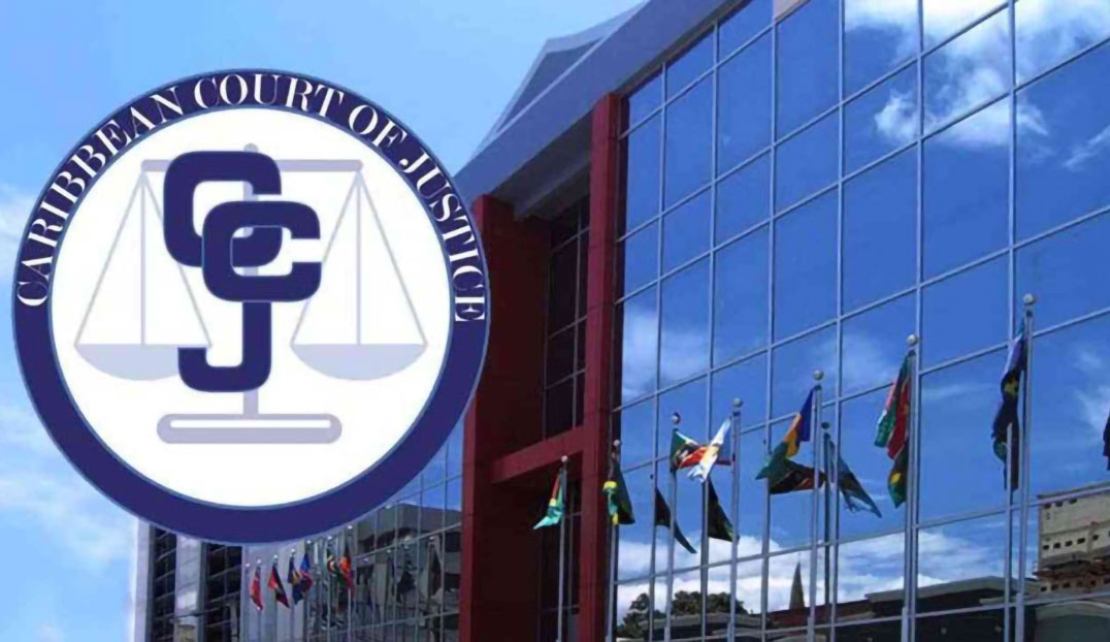GUYANA | Caribbean Court says unconstitutional for DPP to unilaterally order fresh Preliminary Inquiries

GEOIRGETOWN, Guyana, March 2022 - The Caribbean Court of Justice (CCJ) on Tuesday March 15, ruled that Guyana’s Director of Public Prosecutions (DPP) could not unilaterally order a Magistrate to conduct another preliminary inquiry but must instead ask the High Court to decide.

The Trinidad-based regional court, instead, said the DPP must ask the High Court to decide whether someone should face another preliminary inquiry to decide whether there is sufficient evidence for a trial by judge and jury. CCJ President Adrian Saunders said that was merely an interim measure until Guyana’s legislature amends Section 72 of the Criminal Law Procedure Act.

The CCJ agreed with Bisram that Section 27 contravened because s 72 was contrary to Articles 122A, which entrenches the principle of judicial independence), 144 , which secures the right to the protection of the law, and the separation of powers doctrine. He also claimed that, in any event, the DPP did not precisely follow the steps required by the section.
The CCJ frowned on Section 72, prior to Tuesday’s judgement, that allows the DPP to order a magistrate to reopen the Preliminary Inquiry and treat the accused as if there is sufficient evidence to allow the accused to make a statement or call witnesses, and even after that the DPP can direct the magistrate to commit the accused to trial.
In the specific case involving Bisram, who was accused of the murder of a carpenter in 2016, the CCJ also flayed the DPP for flouting even the procedures laid out in the Act that it found to be constitutionally flawed. “The DPP made up her mind (and worse, expressed that decision in writing) to direct a re-opening of the case with a view to directing a committal before she had received or reviewed the depositions. To this end, she simultaneously dispatched to her assistant, to be passed to the magistrate, two letters already signed by her.

After a lengthy appeal and cross-appeal, the CCJ on Tuesday ruled that Bisram must not be charged again with the offence of murder unless there is fresh evidence. “The Court also found that it would be unjust in all of the circumstances for Bisram to be made to answer any charge of murder in this case on the same evidence that was presented to the magistrate. However, Bisram, at least in terms of the law, was never placed in jeopardy. Nothing prevents the DPP from having him rearrested and charged again if fresh evidence is obtained linking him to the alleged murder,” Justice Saunders said.
The CCJ also ordered that his passport be returned.
Bisram had been extradited to his native Guyana in 2019 to face a charge that he had allegedly hatched the murder of Berbice carpenter, Faiyaz Narinedatt, a guest at a party he had hosted back in late 2016, after the now dead man had refused his sexual advances.
